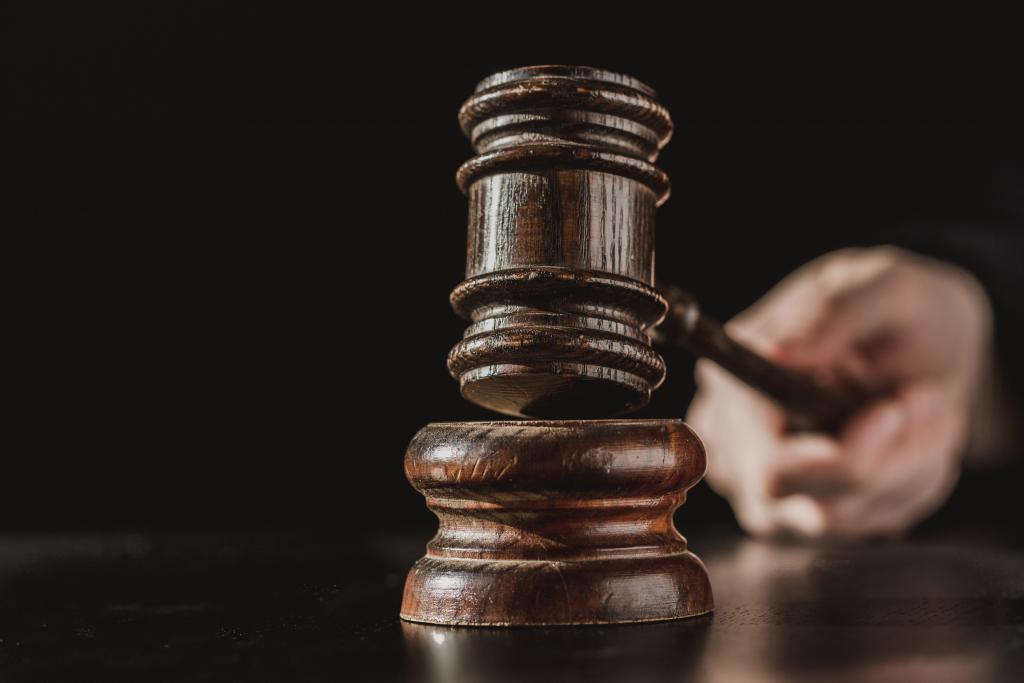The Court of Appeal has ruled that a 15-year-old child should be allowed to legally change their given name, overturning an earlier decision of the High Court.
At the age of 12, the child had told their parents that they believed themselves to be non-binary. They wished to be known by a gender-neutral name rather than their given male name. The father did not consider them mature enough to make decisions about their gender identity and did not agree to them using any name other than their given name. The mother later applied for an order that would permit the child to change their name. By the time the hearing took place, the child had been using their chosen name for more than three years but was not seeking, or thinking about seeking, any gender-related treatment.
The mother’s application was supported by the Children’s Guardian. The child had been living by their chosen name for a significant period of time and their strongly held wish was that this should be reflected legally. In the Guardian’s view, the benefits of permitting the name change far outweighed the drawbacks. A High Court judge rejected the application, however.
Ruling on the Guardian’s appeal against that decision, the Court of Appeal found that the judge had been wrong to link the issue of the child’s name change exclusively to their gender identity. Their wishes related to their strongly held sense of social personal identity and were not solely anchored to being non-binary, although that had been the reason for the initial change. In the Court’s view, the issue was a straightforward welfare issue which was now effectively uncoupled from any issues surrounding the child’s non-binary status.
In the Court’s judgment, if the judge had made a more detailed reference to the welfare checklist, he would not have fallen into the trap of paying what, in the Court’s view, amounted to lip service to the child’s wishes and feelings and instead substituting his own view that to make the order would in some way represent the High Court endorsing the child’s non-binary status. The judge’s refusal to permit the name change also intruded on the child’s right to respect for their private life under Article 8 of the European Convention on Human Rights. The appeal was allowed.
